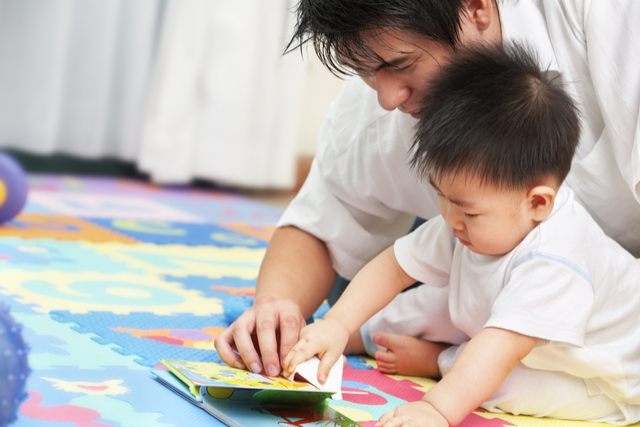Is yelling/shouting at children harmful?
Why do parents yell? It is not our natural tendency to yell as we did not progress through life by screaming at others. Even if we do, it is not often targeted at our loved ones. Rather, we express our fury and resentment towards others who have wronged us in some manner by yelling at them. However, sometimes as a parent, we may allow our emotions to get the better of us. Frustration and anger boils over when we are unable to handle our children’s misbehavior effectively and it ends with us yelling at our children. This leads to a number of unwanted consequences for our children’s mental well-being.
- Yelling at our children will affect their confidence and self-esteem
Yelling at our children illustrates to them that we have limited patience and tolerance. If it happens on a constant basis, our children will wonder if they will ever be able to appease us. This worsens if we do not even attempt to appreciate any attempt by our children to improve and continue yelling at them. This sensation of failing to live up to the parent’s expectation will potentially stick with them throughout their entire lives. It is crucial that parents must temper and moderate their expectations. A child’s confidence and ego is directly influenced by the parents as they are consistently role models. It is of utmost importance that parents temper their expectations and to love their children for whom they are.
- Yelling is a bad example of how we should deal with our emotions.
As mentioned above, parents are the most significant role models for their children. If parents are unable to control their own temper and behavior, they are conveying a message to their children that it is perfectly acceptable for them to emulate the behavior of their parents as well. Children may now have the opinion that yelling is justified as a way to express our frustrations and anger. This may affect their interactions with their peers and other individuals and lead to even worse consequences such as violence as they may feel that it Is optional for them to control their temper and mistreat others.
- Yelling may result in depression
Feelings of sadness and hurt may accumulate in children when their parents yell at them. Moreover, humans process negative information and occurrences more rapidly and meticulously than good information. Such symptoms may result in children embracing self-destructive activities in the future as an outlet for their emotional distress such as drug abuse, excessive violence and unsafe sexual practices.
Alternatives to yelling
- Allocating time for oneself to recover and simmer down before carrying out any actions
Restraining oneself before succumbing to emotional compulsions will almost always pay off in any scenario. Allowing rationality to guide our actions in favor of emotions will greatly benefit ourselves and also our image as a role model to our children. A calm and civilized discussion with your children after the initial conflict allows them to feel as if they are diplomatic equals with their parents and also promotes the importance of transparency in relationships.
- Analyze causes of misbehavior for children
Understanding the rationale for why children misbehave will allow parents to think of and suggest possible solutions to their problems. Instead of immediately succumbing to anger and yelling, parents should actively try to empathize with their children. This will help to improve trust in their relationship.
- Establishing rules and ensuring that the consequences for breaking them are followed through
Establishing clear and concise rules will ensure that children understand when their parents are serious and that there will be consequences if they break the rules. Moreover, the ensuing punishment for them breaking the rules is clearly justified and they will have no grounds on which they can feel that they are being wronged. This lesson will also stay with them in school and the workplace.
- Praise your children more frequently
Children often adore their parents and desire nothing more than their attention. In doing so, they may even misbehave intentionally to obtain negative attention as long as their parents will focus on them. Ignoring or dismissing children when they are misbehaving may result in them doubting the viability of such a strategy. This should be combined with constant praise and affection from parents when the children are well-behaved and obedient. This two-pronged approach will aid children in deducing that good behavior far outweighs misbehavior when it comes to attracting their parents’ attention.
